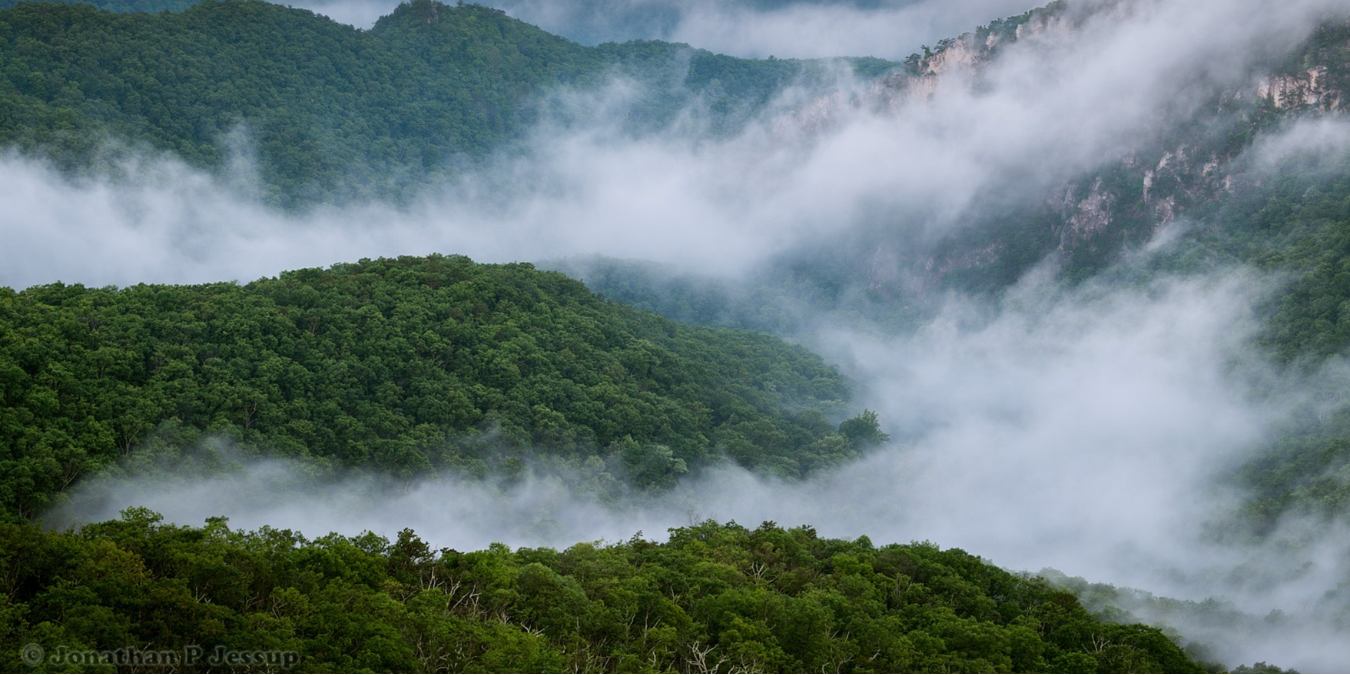By Robert Beanblossom
West Virginians have always worshipped at the altar of King Coal. Even today when the industry contributes so little to the overall economy and when there are fewer coal miners than ever, out-of-state coal barons still dominate the agenda of the governor’s office, our Legislature and the politics of the state.
Weak laws along with their even weaker enforcement, minimum bonding requirements, lax safety standards, huge tax breaks and low severance taxes have created a huge system of welfare to support the industry. I’ve long argued the Department of Environmental Protection could be abolished because it accomplishes so little, and no one would ever notice. Coal has always cost more than it gave, and the taxpayers of the state are forced to pay the difference.
Nowhere is this more evident than with strip mining, a scourge on the landscape that has been tolerated since shortly after World War II when it developed in a big way. A succession of mediocre governors turned a blind eye to the practice and have, in fact, been among its strongest enablers. The result has been hundreds of thousands of forested acres destroyed and the land defaced as though by a huge bomb.
For several years before I retired and left West Virginia, I was involved in an initiative to encourage coal companies to reestablish tree cover to strip mined land during the reclamation process, and I can take you to several locations today that support stands of young trees.
We clearly demonstrated that forests could be restored on striped land by avoiding soil compaction, selecting the right soil medium, and selecting the proper tree species to plant. Even though we met some success, nothing that I observed during this process convinced me to change my long-held belief that strip mining should have been abolished a long time ago.
While tree cover can clearly be re-established, strip mining greatly reduces what foresters refer to as site index. It is expressed in terms of the average height of sample trees at a specified base age since height growth is a good indication of the quality of the site; but the growth rates for trees planted on land after it has been stripped mined are significantly reduced. To the trained eye it is obvious that land that has been stripped has a much lower site index than adjacent undisturbed forest land. Simply put, this acreage would never again be as productive as the surrounding forest if it had been left unmolested.
Another important factor to consider is the overall loss of forests to strip mining. West Virginia gained forest land from about 1940 through the early 1990s primarily through the conversion of abandoned farmland. More recent studies indicate that this trend is now reversed, and the state has lost about 250,000 or so acres of forest land in recent years primarily due to strip mining. It is disheartening to fly over southern West Virginia and see the denuded acreage. Only a small percentage of that strip mined land has ever been successfully restored to tree cover, and it will be a century or longer before it returns to full productivity.
Strip mining is a two-edged evil. When coal is burned, it emits vast quantities of carbon dioxide into the atmosphere and is one of the chief contributors of global warming. That, of course, is reason enough to abolish the practice; but as forests are destroyed in advance of mining, their ability to produce life-sustaining oxygen and absorb carbon dioxide is also lost.
One mature tree, for example, absorbs approximately 13 pounds of carbon dioxide each year. For every ton of wood grown, approximately 1.47 tons of carbon dioxide is removed annually and is re-placed with about 1.07 tons of oxygen. One acre of healthy forest land produces enough oxygen for 18 individuals to live for a year.
The foregoing is but one example. All the many other benefits we derive from our forests are gone too — valuable wildlife habitat, watershed protection, recreation and others too numerous to list. The forests of West Virginia are too valuable for them to be destroyed for a few measly dollars.
I’m always reminded of something that former Congressman and Secretary of State Ken Hechler once told me, “If coal is so great, why isn’t everyone moving to McDowell County?”
Strip mining and the coal industry will eventually die completely because the world, unlike backward little West Virginia, is rapidly moving away from fossil fuels. Coal will never return to its former glory (Hallelujah!) but why wait? Let’s act now to do something that should have been done years ago and immediately abolish this insidious practice once and for all.
Robert Beanblossom, a native of Mingo County, retired after a 42-year career with the West Virginia Division of Natural Resources. He now resides in North Carolina and can be contacted at r. beanblossom1862@outlook.com.

